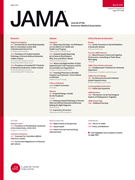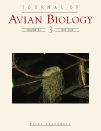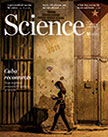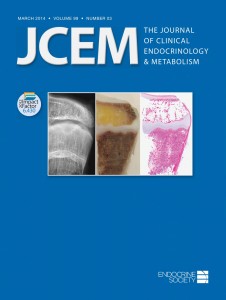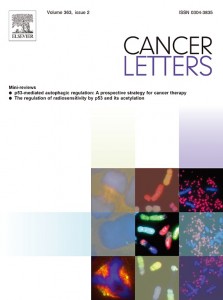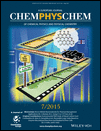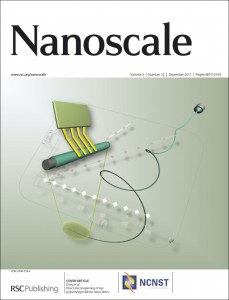 Researchers at the Chinese Academy of Sciences have retracted a paper in Nanoscale about an experimental computer chip after they were unable to recreate their published results.
Researchers at the Chinese Academy of Sciences have retracted a paper in Nanoscale about an experimental computer chip after they were unable to recreate their published results.
“We retract this article to avoid misleading readers and intend to undertake further tests to confirm our previous results,” they write in the notice.
The scientists are working on developing a chip that uses resistive random-access memory, which allows a huge amount of information to be stored in a tiny package and accessed quickly while using very little power. A number of companies are working on the technology, but none have successfully commercialized it.
Here’s the notice for “High uniformity and improved nonlinearity by embedding nanocrystals in selector-less resistive random access memory” (free, but requires login): Continue reading Chip slip: Irreproducibility erases computer memory paper

